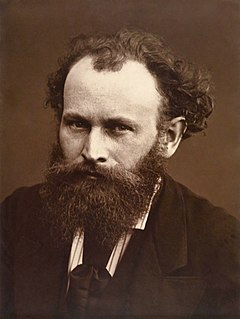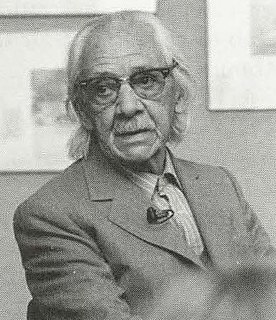A Quote by Frederick C. Beiser
When Hume insists that taste is a matter of delicacy, that it is a matter of having a sensitivity to features of an object itself, he is very close to the rationalist doctrine. Hume was really a covert objectivist (or partial one) about aesthetic pleasure because that pleasure had to be based on the sensitivity to features in the object.
Related Quotes
When you're comfortable and secure, it's not enough. The mind doesn't stop there because it has to continue to focus itself as this body, so it moves to pleasure. And pleasure really is a non-existent thing. When we're experiencing pleasure, we're trying to hold onto it as it leaves, so it really isn't pleasure. Pleasure is pain because we're grasping.
In architecture, to do anything beyond object form is often treated as something extra-disciplinary - something outside the discipline that has nothing to do with art. So I'm making it clear that this is an artistic choice. It's not everyone's artistic choice. Some people should choose only to make object form because that's what gives them pleasure. But there are people for whom aesthetic pleasure comes from doing something else, and why would you deny that choice? It's another autonomous choice.
Cognitive states of mind are seldom addictive, since they depend upon exploration of the world, and the individual encounter with the individual object, whose appeal is outside the subject's control. Addiction arises when the subject has full control over a pleasure and can ponder it at will. It is primarily a matter of sensory pleasure, and involves a kind of short-circuiting of the pleasure network. Addiction is characterized by a loss of the emotional dynamic that would otherwise govern an outward-directed, cognitively creative life.
And I was very successful at baby photography... Strange isn't it? Because some of my portraits of babies were - I used dramatic lighting, shadow lighting, and I didn't use flash. We didn't have flash in those days, we just had floodlights, and I was photographing babies as I would an object - an inanimate object, for that matter.
Sex itself only only exists in relation to procreation. That's one of the reasons why I sometimes object, and it's just a theoretical objection, but it's worth thinking about, to the whole notion that one calls what people of the same sex do, sexual relations. As a matter of fact, they have precisely turned their back on sexual relations, in order to engage in acts of mutual pleasure that have nothing whatsoever to do with sexuality...






























